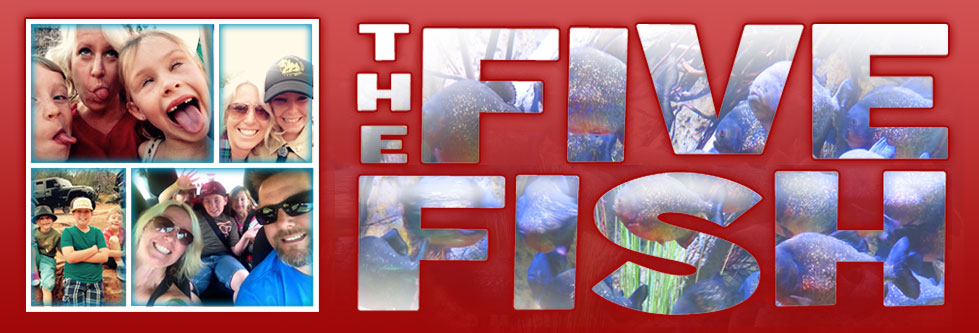If you’ve sustained a personal injury due to the actions or negligence of another entity, you may be entitled to compensation. After all, the injury isn’t a result of your own actions, and your life has been affected by it — receiving proper compensation can help make up for the place your life has been negatively impacted. Here are three things you should do if you are seeking to be compensated.
1. Reach Out To the Other Party
Whether you’re able to reach a settlement outside of court or you end up going through the entire court process and getting a judge involved, you’ll need to start by reaching out to the other party involved. Keep in mind that seeking compensation does not mean you will end up in a court. If possible, you can discuss the matter face-to-face. If you’re either not able to do that, or don’t feel safe or even comfortable with talking in person, you can start with a phone call. Another good option is to write a letter — in fact, having a paper trail may be helpful throughout the process. When you contact the other party, be detailed about how the event has impacted your life and why they should be accountable for shouldering a financial burden that you wouldn’t have been placed upon you otherwise.
2. Get Help
People have a lot of resources to help them after sustaining an injury. Ensure that you don’t make the problem worse by delaying any necessary care — reach out to a medical professional right away. Contact your insurance to find out what kind of resources you already have at your disposal, such as physical therapy. Begin the healing process as quickly as you can. You should also reach out to a lawyer so they can help you receive just compensation. Again, just because you get legal counsel involved, that does not mean you’ll end up in court. A lawyer could even help you compose a letter as you contact the other party to let them know your expectations. It’s important that you don’t do or say anything that may keep you from receiving the proper amount, and a lawyer can guide you through the process.
3. Gather Evidence
In the best-case scenario, you’d have video footage of the event. If you do, make sure to hold on to that. If anybody happened to be present for any of the event, whether it was actually seeing what happened or being involved immediately after — such as a doctor — have them provide testimony and information. You can use police and insurance reports. The more information you can have to paint a clear picture of the event, the better your chances are of succeeding.
Injuries can range from fairly annoying to life-altering, and if your life has been impacted physically, mentally or monetarily, you may be able to get the other party to compensate for the issues that have been caused. Do not assume you have to deal with all of the negative affects yourself — plenty of people are there to help, and if the responsibility lies with another party, they should be held accountable.

